The world is fighting to win a battle with an unseen enemy. The current COVID-19 pandemic will change our lives in many ways. The new normal in the post-pandemic would be very different from what we are currently used to before we encountered it very early in 2020.
From sports, religion, social interactions to the way we conduct our daily will certainly be impacted by the COVID-19 pandemic. Some changes will be temporary, while some may remain with us for a very long time to come.
This is a list of ways in which the new normal will impact our lives even after the contagion is over.
1. Faith in science
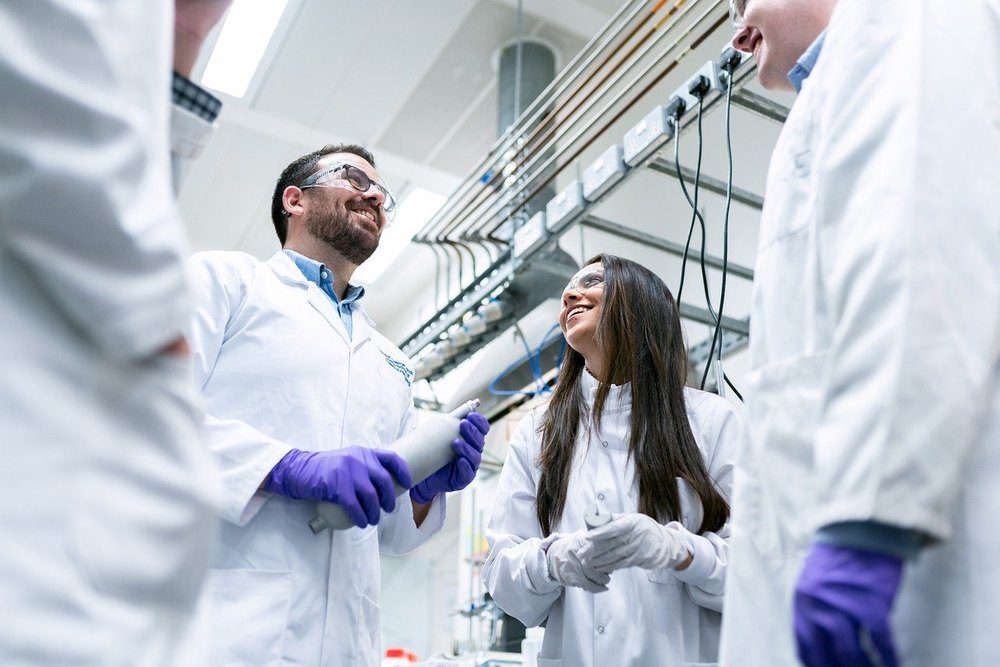
Whenever there have been great plagues across the world, they have mostly been attributed to God. Obviously, he is usually believed to be unhappy due to multiple reasons, mostly, the culprit is ‘our sins’. With the COVID-19 pandemic, however, things are a little different.
We actually know a lot about the causative agent in the current pandemic, we have even named it the SARS-CoV-2 virus and have also seen its enhanced image.
At least we know that the causative agent is not the god’s wrath, well not directly. The religious among us will still be thankful to God and seek his mercy but they would at least know that it was the previously discredited science that led to the eradication of the virus or made the disease tolerable.
Many of us will see that none of the astrologers could forewarn us of the impending pandemic of the century. They know for sure, if a scientist had for example not done his duty in ascertaining the causative agent of COVID-19, he or she would have lost the job.
Perhaps some of us will make these psychics, fortuneteller, and paranormal accountable the way we hold others accountable at our workplace. At least science will start getting the respect it always deserved.
You may also like: Visuals that show nature is healing due to the lockdown
2. The US will no longer be the world leader
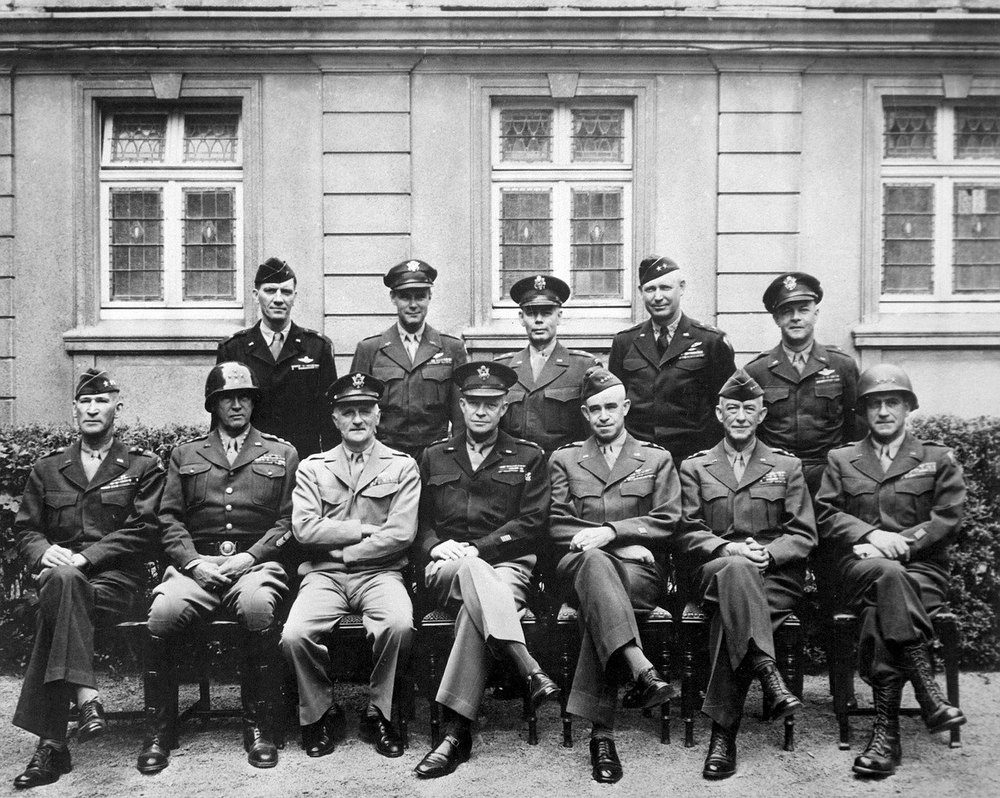
Don’t get me wrong, the United States will still be the wealthiest nation on earth at least in the short to the middle term. We would still be buying weapons, a lot of them.
But what’s going to change is that most countries will realize that they are on their own when the worst of the crisis hit. Some will also be engaged in economic recovery and will see the futility of war.
Others may still be fighting at their borders or waging proxy wars, but they will have to be limited in their zest to inflict damage on others.
Most will have by now witnessed how a dormant particle that you can’t even see with a naked eye, has devastated the enemy and their own countries without waging any war.
3. The workplace will never be the same

One thing the current pandemic will teach us will be the unpredictability of doing business in a different way. All businesses will now factor in the pandemic scenario in their risk analysis.
Most of the workforce that are operating right now haven’t seen the Spanish Flu pandemic of 1918, but now after witnessing the greatest of them all, they will have a new definition of risk assessment.
Most flexible organizations that will thrive after the pandemic is over– will teach us that all businesses will have to work out a scenario where they can remain viable when another pandemic hits.
Who could have thought that cash-rich airlines, thriving cruise businesses, and tour operators will suddenly find themselves struggling for their existence?
When a couple of days of business interruption used to tank the stocks of many firms, what we are talking about here is — years of no or limited operations.
The novel coronavirus pandemic is not the first one, nor will it be the last one to hit humanity hard. With the ever-increasing population, deforestation, and climate change, it wouldn’t be too unwise to prepare for the next.
Work from home will be a norm not an exception in the post-pandemic world. Corporate training will mostly be through E-learning and online teaching and training will be the new norm. The remote workplace will a new reality for years to come.
4. Sports will look very different

It was always great to see the stadium filled with crow and people storming their way through the crowded lane and celebrating from their seats for every move their favorite player or team made.
This is going to change in a big way. With the current pandemic, one of the buzzwords that we have learned is social-distancing. But will it remain even after the pandemic is over?
Yes, as mentioned earlier, this is not the first pandemic nor will be the last one, but this pandemic has impacted people all across the globe and we are the generation that will live through it.
Most people will be reluctant to assemble in densely crowded spaces, other times organizers will be careful not to allow a huge assembly of the crowd. One thing for sure, sports will not look the same for some time to come.
If you follow cricket and other sports where handing of the ball is necessary, you aren’t going to see cricketers rubbing the ball with saliva for perhaps a very very long time.
5. New habits will form
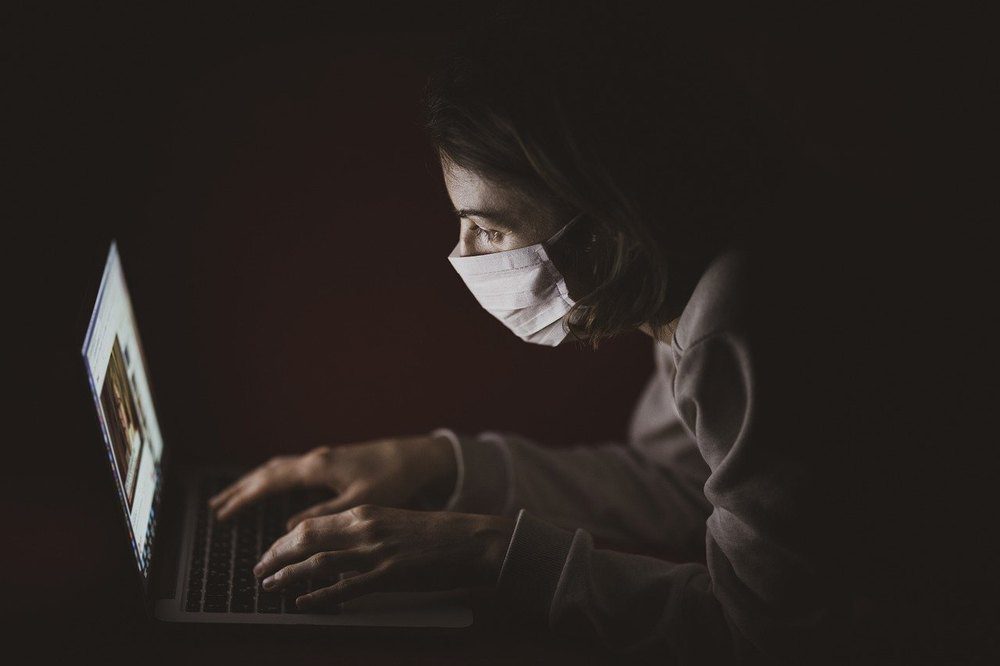
Washing your hands for at least 20 seconds will help you eliminate the virus, most of the people in the world would know this by now. Knowledge for personal and public hygiene measures saw a surge due to the contagion.
Health authorities are advocating for regular handwashing with soap for at least 20 seconds. Social distancing measures are in place. People are getting used to wearing facemasks and even gloves for grocery shopping.
These newly-formed habits would remain much longer after lockdowns are lifted and our life crawls its way to normalcy.
However, this will certainly lead to overall better hygiene. We might see people wearing masks wherever they go and inadvertently be more cautious around our elderly.
6. Supply chains will be local rather than global
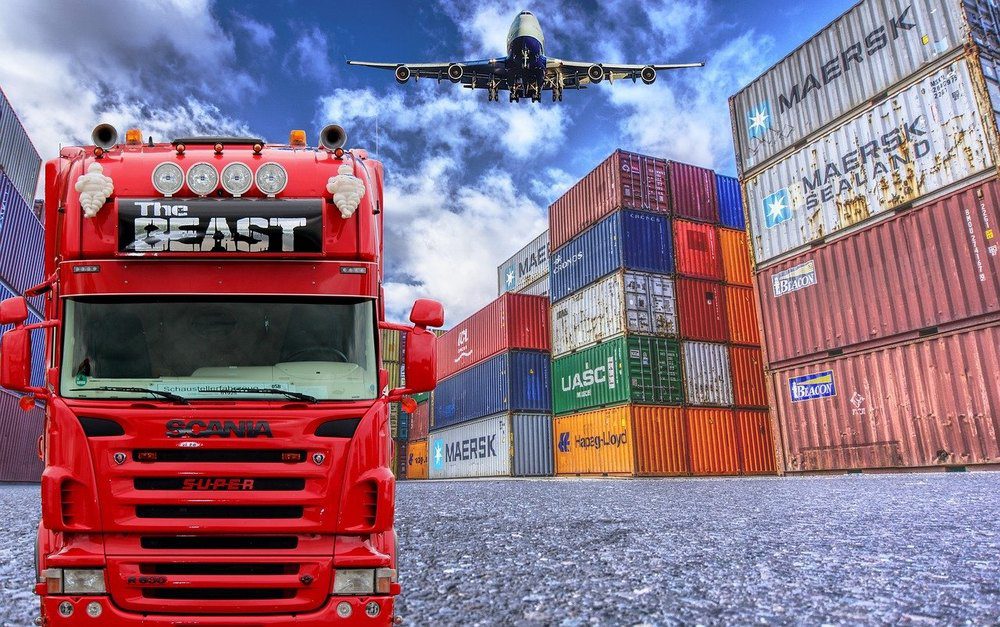
The tariff and trade wars had drawn global supply chains to a breaking point. The virus pandemic cut those chains. Companies will refrain from trusting all the supply from one foreign country (read China) or even from outside their own country, more so in case of essential and medical supplies.
Companies will look to diversify their suppliers and to favour local suppliers, even at higher costs.
7. The mask will become a wardrobe staple

Something that can’t be cured should perhaps be endured. For many Asian countries like India where pollution was growing its head, wearing face masks was slowly becoming a new norm.
When you add the current coronavirus outbreak to the equation, you will see masks everywhere, not so much in Europe in the United States at the moment. But slowly but surely masks are also making its way throughout the world.
Believer, it or not, in the long run, the mask will become a wardrobe staple for us. We perhaps may also see masks matching our style, colour or perhaps gender-based masks to add to our aesthetics.
8. Health will become the major beneficiary of government funds
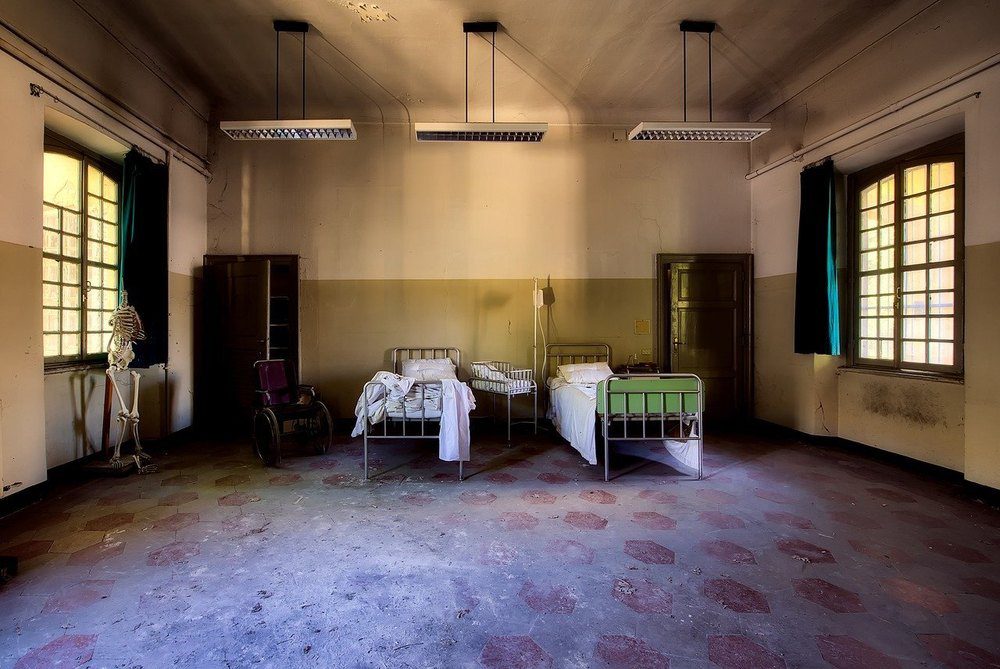
If only all flights coming from abroad would have been cancelled, a virus from Wuhan a city in Hubei province of China wouldn’t be lurking in our neighbourhood.
Governments across the world are now aware of the economic cost of a pandemic. Countries getting into lockdown know the cost one has to pay for neglecting health expenditure.
If you had the health infrastructure that couldn’t be overwhelmed by the current outbreak perhaps the more economic activities could continue.
Health rather than illness will become the center of government activity and budgeting, over the medium and long term, while medical data tracking will become the short-run goal for a coming couple of years.
9. Our privacy will be no longer remain the same
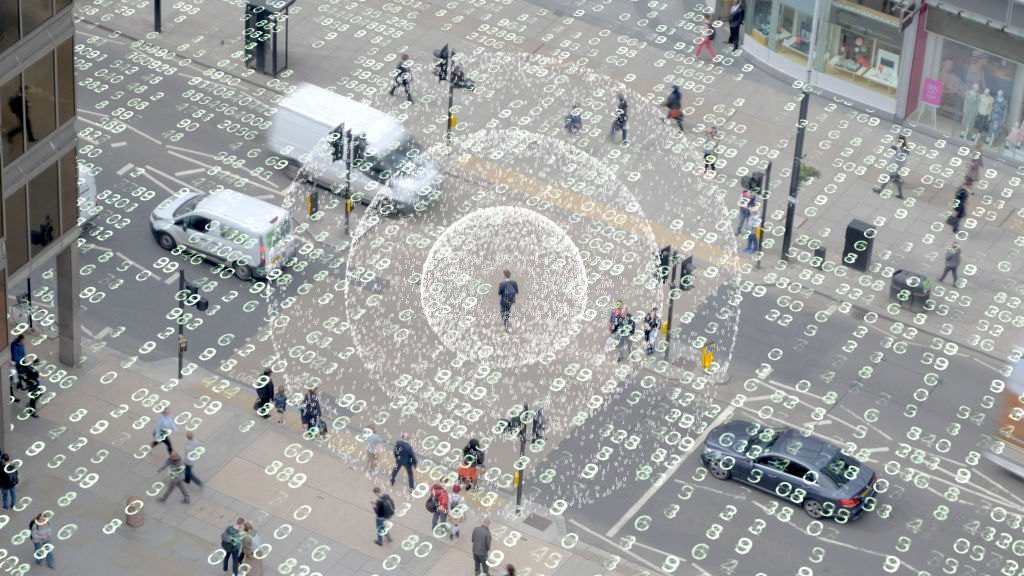
For governments looking to monitor their citizens even more closely, and corporates looking to get rich by doing the same, it would be hard to imagine a more perfect crisis than the current global pandemic.
In China today, drones search for people without facemasks– when they are found, the drones’ built-in speakers broadcast scoldings from the police.
Germany, Austria, Italy and Belgium are all using data – anonymised, for now – from larger telecommunications companies to trace people’s movement.
In Israel, the national security agency is now permitted to access infected individual’s phone records. South Korea sends texts to the public identifying potentially infected individuals and sharing information about where they’ve been.
In India people are appreciating the brand new ‘Arogya Setu’ app to track and get information about the infected persons. Privacy is the greatest casualty here as well.
Some of these are perhaps effective ways to track and manage the spread of the disease. But this will have a profound impact on the privacy we always cherished for, for a long time to come.
10. A social species will learn to communicate without a personal touch
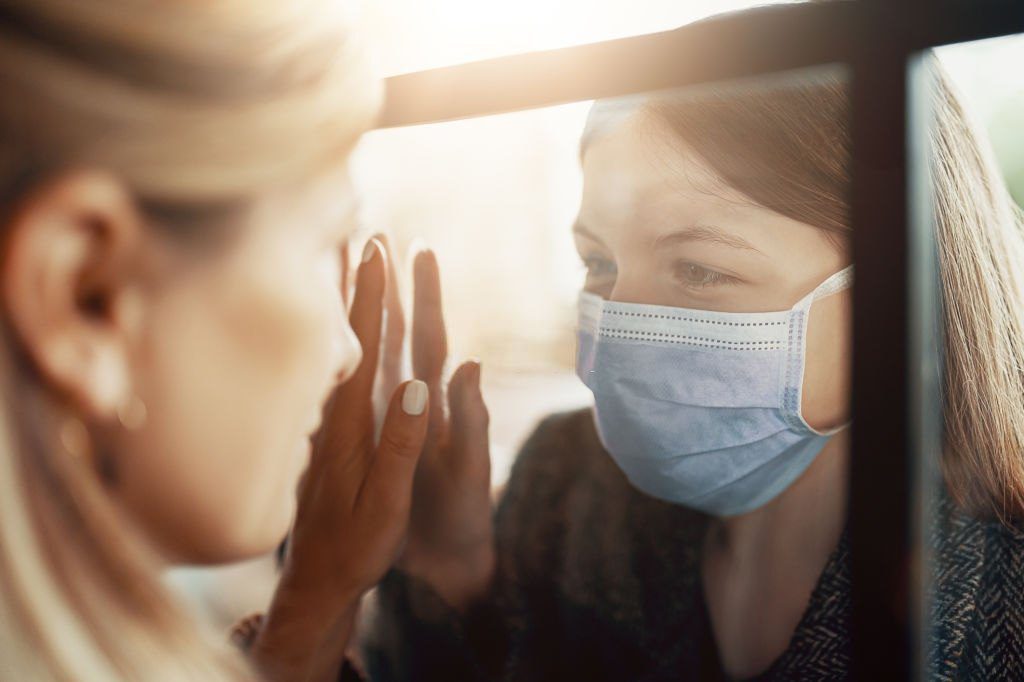
Communication is more than mere words. While many of us send text, email, and talk on the phone on a daily basis, a substantial part of human interaction is based on recognising non-verbal indicators, such as body language and facial expression.
Without them, we are incapable to detect specific nuances such as sarcasm, anger, or humor. This might become a challenge as many people are confined to their homes with only phones and computers as our only ways to connect with each other.
On the one hand, there are tools on hand to eliminate the gap. Most phones have cameras now, and Facetime and video conferencing can improve the quality of remote communications and alleviate misunderstandings.
However, nothing can match the physical presence and the handshake or a hug to convey our feeling without speaking about it. Such close personal contacts will remain an endangered act for some time to come.
But, as we know from the lessons learnt through history. Humanity through its resilience will always find a way to overcome the crisis. The new way is always an improved one and takes humanity forward to some new unexplored places. We change — and in the longer run, mostly for good.



